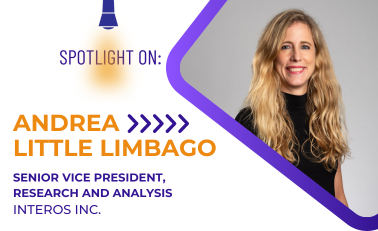
I got into cyber – through national security. I was part of a computational social science team creating quantitative models at the Department of Defense, where I was introduced to a range of cyber-related data. At the time, there was little public discussion about the intersection of geopolitics and cybersecurity, which is amazing to think about now, but at the time they were widely viewed as completely disparate domains. That experience served as my stepping stone into the cybersecurity startup world.
For me, a positive cyber mindset is – essential given the challenges of this industry and includes everything from critical thinking to collaboration as well as unplugging to help your brain recharge and tackle the next wave of challenges.
The skills that helped me transition to a career in cyber – Quantitative modeling and statistics helped me transition to a career in cyber because there were so many opportunities to apply those models to tackle a broad set of cyber problems in new ways. Data served as the common language that linked my social science background with those having engineering or computer science backgrounds.
I would tell my younger self – to speak up more, network, and build a community of peers to lean on. It took me years to understand that I didn’t need to carve out my own path alone, but rather how essential my colleagues and friends in cybersecurity are to me professionally as well as personally. I’m very fortunate to have built up relationships with many industry friends over the years, and they have been my bedrock in navigating hard times and in celebrating the good times.
My recommended reads – are Invisible Women for a data science angle on a very relevant topic; The Woman Who Smashed Codes to learn more about one of the core pioneers of cybersecurity; and Lessons in Chemistry for a fun read that addresses many common themes for women in cybersecurity.
A favorite place of mine is – northern New England. I grew up in Maine, and love spending time along the coast as well as the mountains in Vermont, New Hampshire, and Maine.
What I most want to be remembered for is – contributing to breaking down barriers in cybersecurity – and the tech industry at large – in every sense, bringing in social scientists and people from different backgrounds into the industry and helping the next generation succeed, as well as innovating in ways that strengthen democracy and our national security.